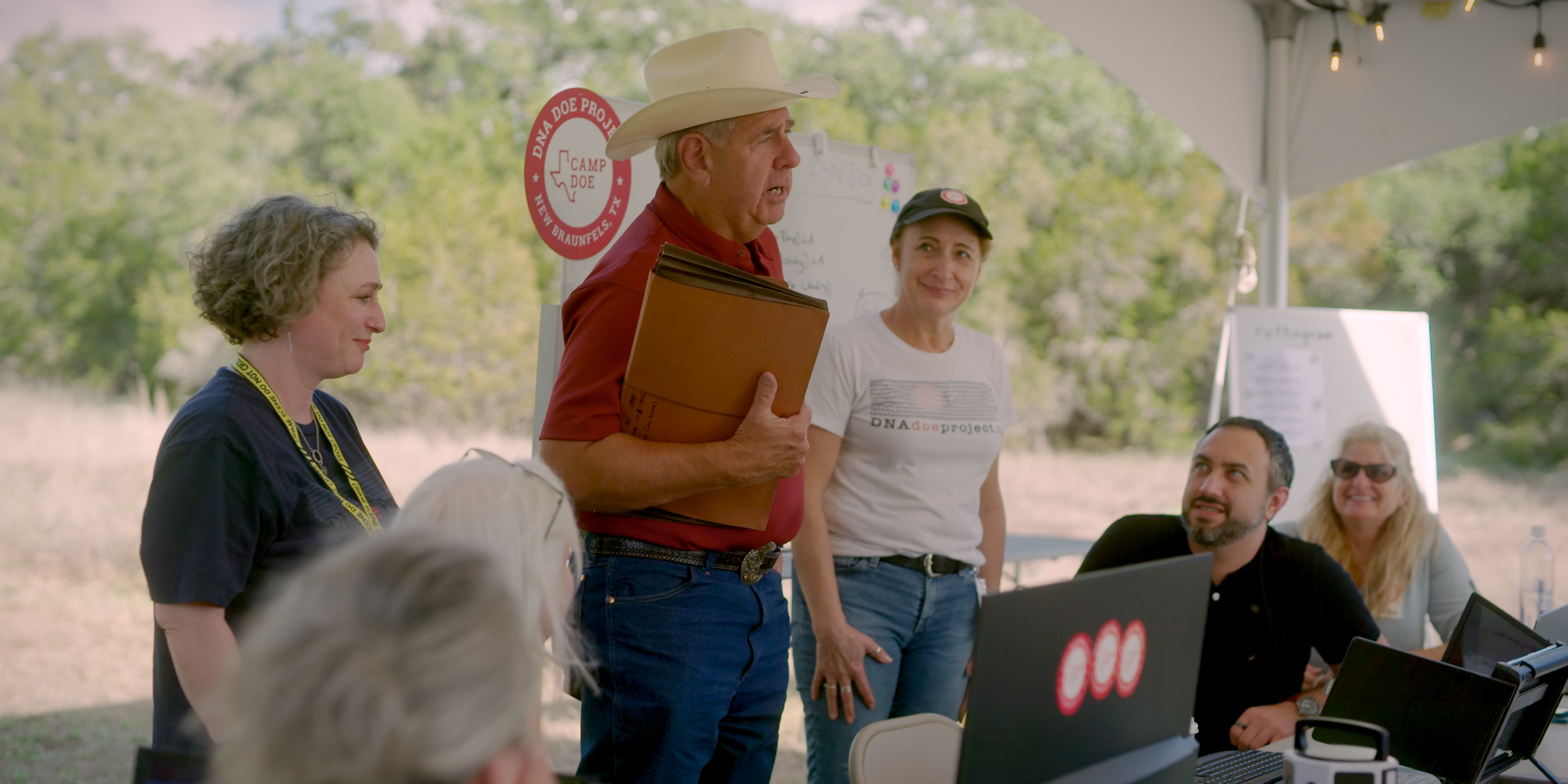Viator is first Calcasieu female to earn BJJ black belt
Published 9:45 am Friday, March 31, 2023

- From left are Damon Arebalo, Viator’s training partner, Jill Viator and third-degree black belt Washington Luis, “Professor Washington.” (Special to the American Press)
Earlier this month, Jill Viator was promoted to black belt in Brazilian jiu-jitsu (BJJ). She is the first BJJ female black belt in Calcasieu Parish.
“All my life I tried to find something I was passionate about,” Viator said. “This is it.”
Brazilian jiu-jitsu is a martial art that originated in Brazil and is based on judo, which originated in Japan.
Trending
The goal is to bring the opponent to the ground and immobilize him using pins and submission attacks. Viator, a self-proclaimed bookworm, has been training for about seven and a-half years, almost every day. The average number of years it takes men and women to achieve black belt status is 12 to 15 years.
“I started shortly after separation from my husband,” Viator said. “I was there anyway. My stepson and daughter were taking lessons.”
The adults who were taking lessons encouraged her to try it.
“I have never done anything athletic in my life,” she said. “I’ve always been shy, a wall flower.”
She fell in love with it almost instantly, in a way nothing else had captivated her, not the pilot’s license at 21 and not photography, even though she had just finished her first class and purchased a camera.
“I never picked it up again.”
Trending
In hindsight, Viator realizes she would have enjoyed sports as a youngster, but she said she was “just too self-conscious.”
Black belts are a very rare breed. According to Rener Gracie, whose grandfather created Gracie jiu-jitsu, only 10 percent of new BJJ students will earn a blue belt (second level after the white belt).
Of that 10 percent, only one percent will earn a black belt.
“The white belt is about surviving,” Viator said.
Viator survived and thrived, despite her size. She’s less than five-feet tall and despite the fact that she got what some might call a late start at 38, and despite the fact that so few women participate in the sport. She had to do most of her “rolling” with men.
In BJJ, rolling is an all-encompassing term for sparring or drilling at varying degrees of intensity. The BJJ for Women blog puts the number of BJJ Black Belts in
Louisiana at six. The percentage of women participating in the sport worldwide is only 16 percent.
“Rolling is similar to grappling, sparring, wrestling, except that wrestlers can’t be on their back and we can,” Viator explained. “It can be an outlet for anxiety and stress.”
It can also be a little scary as a new white belt, especially when immobilized by a tired, overweight male. Viator said she felt claustrophobic. She realized that if something like this happened to her in the real world, she would be powerless. Those feelings brought her to tears. She tapped out.
“During her promotion ceremony earlier this month, Jill’s training partner said she doesn’t know the word quit, and he told stories of her training with men who were rough once they saw she was a challenge, said Ashleigh Delacerda, one of Viator’s students. “Jiu-jitsu is focused on technique over strength. Don’t get me wrong, strength helps with technique, but muscling through a competition isn’t fair.”
Viator has become very passionate about empowering women and helping women learn to protect themselves, according to Delacerda. She trains and teaches at Indigo Brazilian Jiu-Jitsu in Sulphur. On Sundays at 3 p.m., she teaches a free self-defense class for women, a class made up of all personalities, abilities, ages and intensities.
“Everyone’s a little nervous to begin,” she said. “I’ve trained with and taught people, and thought they would never last and they do. You don’t know if you’re that kind of person until you try it.”





